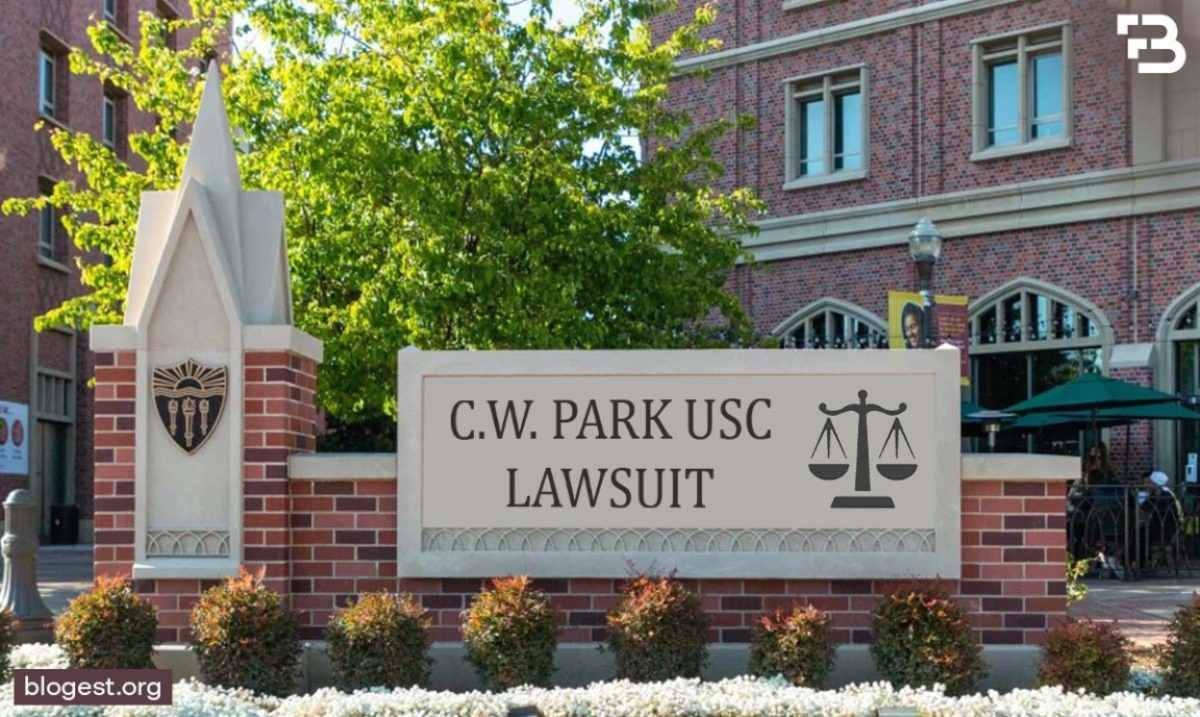In recent times, the academic world has been rocked by controversies surrounding issues of tenure, racial discrimination, and implicit bias. One such notable case is the C.W. Park USC lawsuit, which has sparked discussions about the challenges faced by minority faculty members in higher education institutions. This article aims to delve into the details of the lawsuit, examining its implications on academia, and shedding light on the broader issues of discrimination, diversity, and inclusion.
The C.W. Park USC Lawsuit:
The C.W. Park USC lawsuit centers around a former assistant professor’s claims of racial discrimination and the denial of tenure at the University of Southern California (USC). The plaintiff, known as C.W. Park, alleges that the decision-making processes leading to the denial of tenure were tainted by implicit bias, hindering equal opportunities for minority faculty members.
Implicit Bias and Racial Discrimination in Academia
Implicit bias, often unconscious attitudes or stereotypes that affect decision-making processes, can seep into various aspects of academia, including hiring, promotion, and tenure evaluations. The C.W. Park USC lawsuit highlights the need for increased awareness and training on implicit bias within academic institutions. Institutions must invest in implicit bias training to ensure fair and unbiased decision-making processes, fostering an environment that values diversity.
The Importance of Diversity and Inclusion in Higher Education
Diversity and inclusion are crucial pillars in creating a vibrant and intellectually rich academic environment. The C.W. Park USC lawsuit underscores the significance of fostering a diverse faculty that represents various backgrounds and perspectives. Universities should prioritize creating policies that promote diversity, not only in recruitment but also in mentorship programs and leadership roles.
Transparency in Decision-Making Processes
One of the key issues raised in the C.W. Park USC lawsuit is the lack of transparency in the tenure decision-making processes. Transparency is essential for building trust among faculty members and ensuring that decisions are based on merit rather than biased judgments. Academic institutions should establish clear and transparent criteria for promotion and tenure, providing faculty members with a comprehensive understanding of the expectations and evaluation processes.
Addressing Discrimination in Academia
Discrimination in academia is a pervasive issue that requires concerted efforts to address. The C.W. Park USC lawsuit serves as a reminder that discrimination can manifest in subtle ways, impacting career advancement and opportunities for minority faculty members. Academic institutions should actively work towards creating a culture that not only condemns discrimination but actively promotes an inclusive environment.
The Role of Mentorship in Overcoming Bias
Mentorship plays a pivotal role in the career development of faculty members, particularly those from underrepresented minorities. The C.W. Park USC lawsuit emphasizes the importance of establishing mentorship programs that provide guidance and support to minority faculty members. Mentorship can help navigate challenges, offer valuable feedback, and contribute to a more inclusive academic community.
Equal Opportunities for All
Ensuring equal opportunities for all faculty members, regardless of their background, is essential for fostering a thriving academic community. The C.W. Park USC lawsuit underscores the need for institutions to critically examine their practices and policies, removing barriers that may hinder the advancement of minority faculty members. By promoting equal opportunities, universities can cultivate a diverse and talented academic workforce.
Moving Forward:
The C.W. Park USC lawsuit serves as a wake-up call for higher education institutions to reevaluate their commitment to diversity, inclusion, and equal opportunities. Implementing concrete measures, such as robust implicit bias training, transparent decision-making processes, and proactive efforts to address discrimination, is paramount. By actively promoting diversity in academia, institutions can create an environment that reflects the richness of perspectives and experiences.
Conclusion
The C.W. Park USC lawsuit sheds light on the challenges faced by minority faculty members in academia and serves as a catalyst for change. To build a truly inclusive academic community, institutions must address implicit bias, promote diversity and inclusion, and ensure transparency in decision-making processes. By learning from cases like C.W. Park’s and taking proactive steps to foster an equitable environment, higher education institutions can pave the way for a more just and inclusive future.
